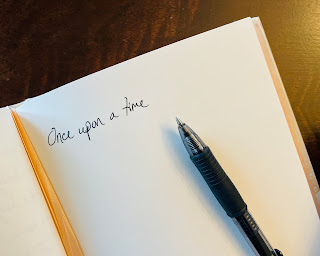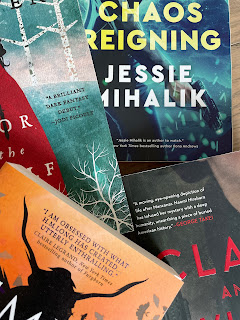Last week’s topic was our fantasy dinner parties and who we’d invite. Yeah, I missed it. So my image for the week is my favorite tea cup to make up for it!
This week we’re talking about real people we’ve based characters on. I think to some extent every character we write is a conglomeration of people we know or have met. How else would we write relatable characters?
The only character I’ve truly based on someone is actually another character: John Hammond. From his cane to his white hat and clothes as he stepped onto the Jurassic Park screen, John Hammond. He fit the side character I wrote in The Mars Strain, Dr. Dresden.
One of my author highlights was when a friend of mine was gushing about my audiobook and asked me if I’d pictured John Hammond from Jurassic Park when I wrote Dresden. I was so excited that she’d pictured him how I’d written him! Especially because I didn’t say who he looked like, I wrote Dresden’s looks into the story. And she picked up on it perfectly!
As for basing a character on someone I know in real life…I can’t say I won’t ever do it, because that’s basically ensuring I will at some point, but it’s not an intentional goal of mine. I prefer my fictional creations to be bits and pieces of those I know and of myself. My goal is to write characters you can picture sitting next to at a restaurant or hanging out with around a campfire. And yes, using a real person template would do that, but when we read we want larger than life. So why not glue parts of multiple together to create a character that’s bigger than all of them?
How about you? Have you based a character on someone you know? And the more important question, did they read it and recognize themselves?







.jpg)


.jpg)








